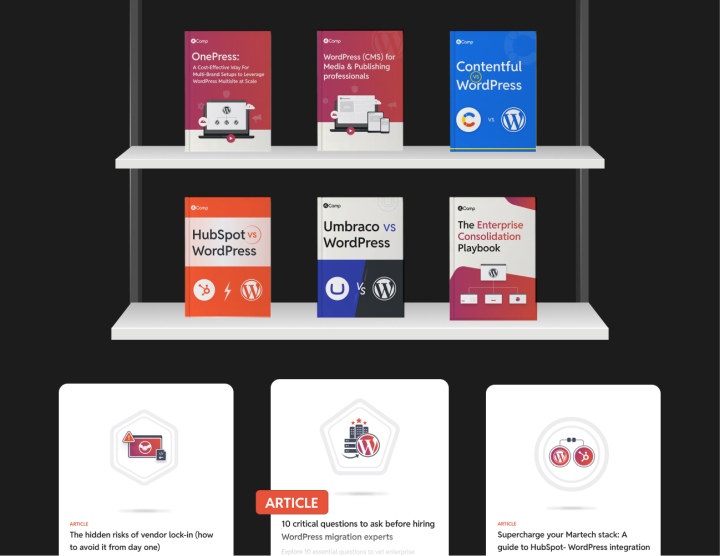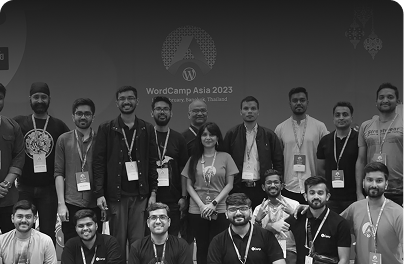Setting the Standard: Quality Engineering for WordPress
This handbook serves as a comprehensive guide to Quality Engineering (QE) for WordPress, documenting rtCamp’s tested methodologies for ensuring a robust, high-performing, and user-friendly WordPress environment.
The practices shared here span various WordPress use cases, from multisite installations to WooCommerce, plugin and theme development, and decoupled WordPress architectures. Each section delves into specific quality engineering principles and techniques that help streamline workflows, enhance compatibility, and maintain compliance and accessibility standards across complex WordPress ecosystems.
Purpose of this Handbook
The primary purpose of this handbook is to provide rtCamp’s clients and the broader WordPress community with a structured approach to QE for enterprise WordPress development and maintenance. By establishing a centralized resource for best practices, common pitfalls, and solution-based workflows, this handbook empowers users to approach QE for WordPress environments with confidence.
The handbook outlines critical techniques for testing, monitoring, and improving the performance and resilience of various WordPress projects while aligning with rtCamp’s commitment to high-quality, sustainable digital experiences.
Scope
This handbook covers Quality Engineering methodologies applicable to the following areas:
- WordPress Development: Frontend and backend strategies to ensure the integrity and functionality of WordPress sites and applications.
- WordPress Multisite: Methods for maintaining consistency, security, and performance across complex multisite networks.
- Migration: Techniques to safeguard data integrity and ensure seamless transitions in WordPress migration projects.
- Decoupled/Headless WordPress: Approaches for ensuring the smooth operation and testing of decoupled or headless WordPress implementations.
- WordPress Plugin and Theme Development: Best practices for building and testing plugins and themes, focusing on compatibility and reliability.
- WooCommerce Development: Specialized QE strategies for managing e-commerce workflows and maintaining the performance of WooCommerce stores.
Why WordPress-specific Testing?
WordPress presents unique testing requirements that differ significantly from other CMS platforms due to its open-source nature, extensibility, and vast ecosystem of plugins and themes. WordPress-specific testing is essential to address these unique characteristics:
- Diverse Hosting Environments: WordPress is deployed across various hosting setups, from shared environments to complex multisite networks. Testing must account for these varying server configurations and resource limitations to ensure consistent performance and reliability.
- Extensive Plugin and Theme Ecosystem: With thousands of available plugins and themes, WordPress sites can easily accumulate combinations that create unique compatibility challenges. WordPress-specific testing helps ensure that all components work harmoniously and minimizes the risk of conflicts that could disrupt functionality.
- Frequent Updates and Security Patches: WordPress core, along with its plugins and themes, receives regular updates to introduce features and patch security vulnerabilities. Testing for WordPress must include regression testing for compatibility and security to ensure seamless performance after each update.
- Community Standards and Accessibility: The WordPress community emphasizes accessibility and inclusivity, aligning with WCAG and other accessibility standards. WordPress-specific testing includes accessibility checks to ensure sites are usable by all individuals, regardless of their abilities.
How to Use This Handbook
This handbook is designed for WordPress users familiar with core concepts who seek to understand rtCamp’s specialized approach to Quality Engineering on WordPress. It serves as a reference, guiding users through rtCamp’s QE practices and methodologies, rather than as a how-to guide for individual tasks. Each section is structured to address specific quality engineering needs per use case, helping users leverage rtCamp’s expertise to enhance their workflows and ensure a high-quality WordPress experience.







